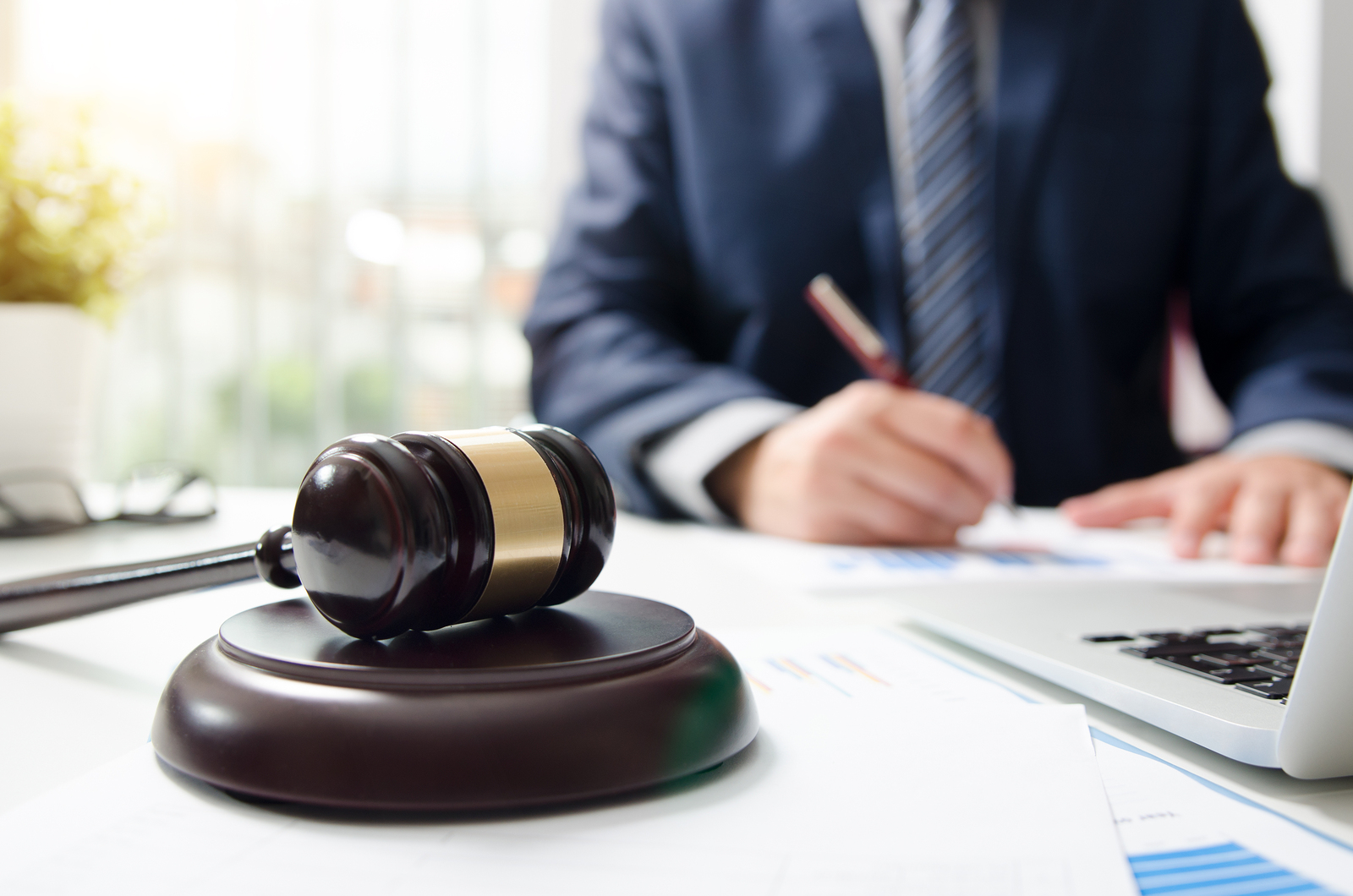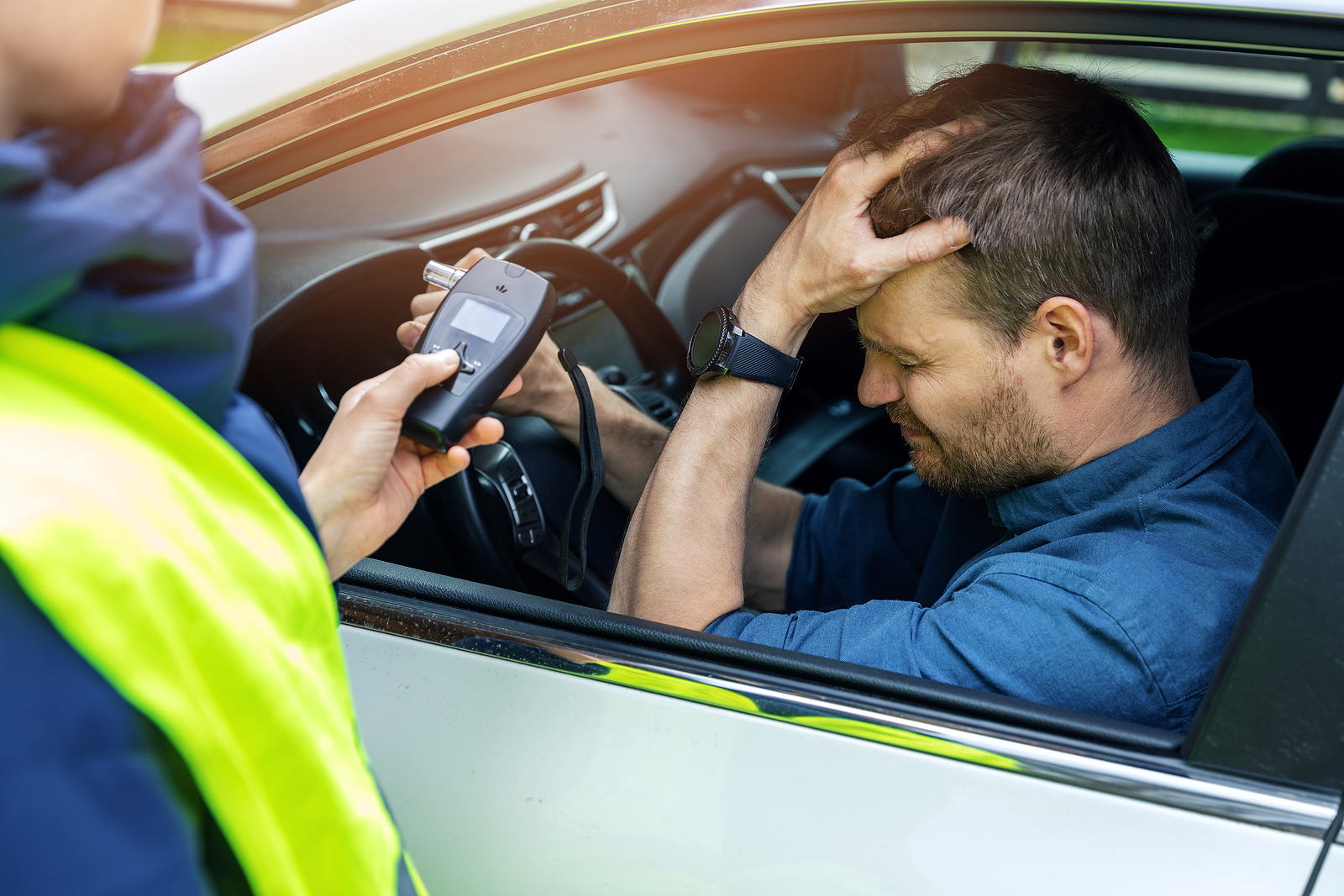
What’s the Penalty for a Second DWI Conviction in New Jersey?
Driving while intoxicated (“DWI”) is defined under N.J.S.A. 39:4-50 as operating a motor vehicle while under the influence of any controlled substance with a blood alcohol conc
Read more
The Largest Benefit of No-Fault Insurance
New Jersey is one of 12 states that have no-fault insurance. This means all parties involved in a motor vehicle accident must file claims and seek compensation from their own car i
Read more
Common Misunderstandings About DWI Laws in New Jersey
Drunk driving arrests and charges are relatively common in New Jersey, but there is still a surprising amount of misunderstanding and misinformation about them. Below are some comm
Read more
Impact of DWI on Insurance Premium in New Jersey
A drunk driving (commonly referred to as DWI/Driving While Intoxicated or DUI/Driving Under the Influence) conviction in New Jersey can trigger a substantial increase in your motor
Read more
What Happens If I am Partially At Fault for the Car Accident?
Most people are quick to automatically point fingers at the other driver when they get into a motor vehicle accident. No one wants to think they have any part in causing a crash. H
Read more
Can a DWI Be Dismissed in New Jersey?
Any type of drunk driving conviction can lead to serious legal consequences under New Jersey law. The repercussions of driving while under the influence (DWI) can impact not only y
Read more
New Jersey Governor Phil Murphy Signs Senate Bill 3011 Into Law
TRENTON, NEW JERSEY (January 4, 2024) – On December 23, 2023, New Jersey Governor Phil Murphy signed into law Senate Bill 3011 which has a number of implications for those charge
Read more
Smell of Alcohol in a Car Is Not to Justify a Field Sobriety Test in New Jersey
Just because you are pulled over for a traffic stop, it does not mean you don’t have any rights under the law. Law enforcement must abide by certain laws, even if they suspect dr
Read more
5 Common Causes of New Jersey Subway Accidents
New Jersey subway ridership levels have neared those seen before the COVID-19 pandemic and daily transit boardings have increased by more than 14% since just August. Moreover, inte
Read more
Detainment After Exiting a Vehicle During a Traffic Stop
A traffic stop should never be discriminatory or harassing. You have certain rights when pulled over by law enforcement during a traffic stop in New Jersey. One of these righ
Read more

